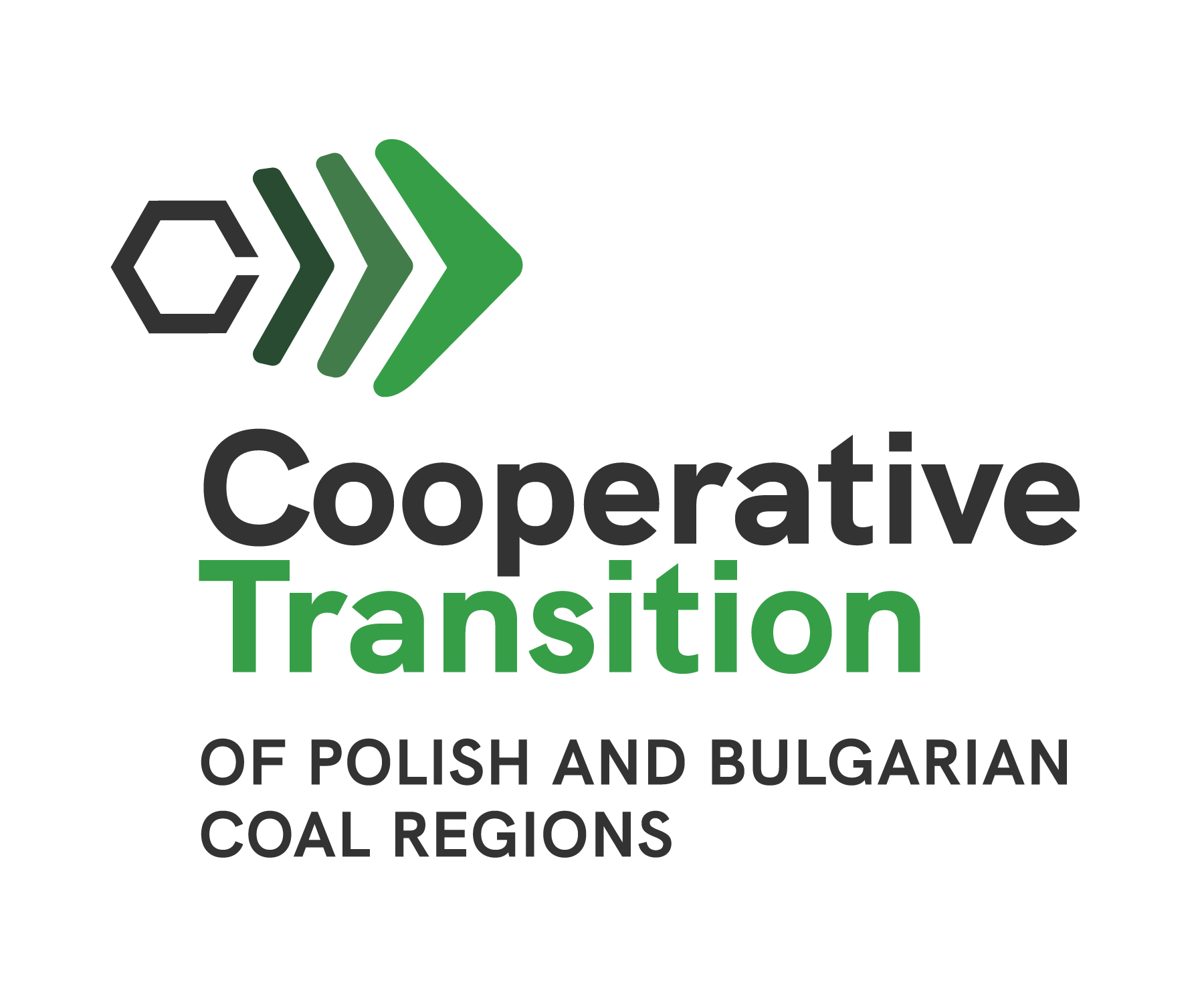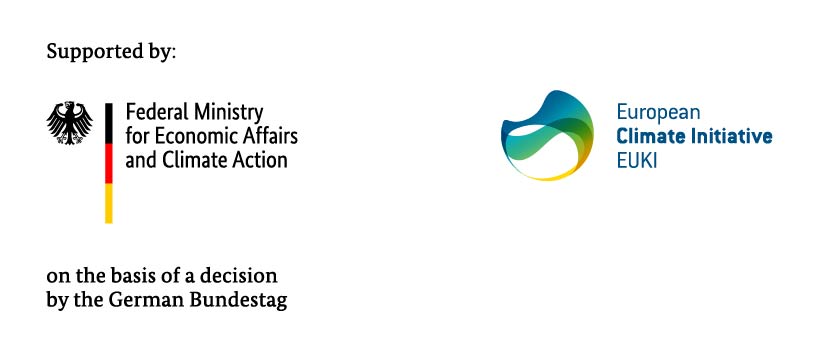Cooperative Transition of Polish and Bulgarian coal regions
EUKI project 2022-2024
In 2023, we will work on the “Cooperative Transition of Polish and Bulgarian coal regions” project. The project will be implemented with the support of key stakeholders in the Polish and Bulgarian coal regions aiming for the transition to a zero-emission economy and they will be involved in the development of region-specific employment strategies.

In 2023, the German-Bulgarian Chamber of Commerce and Industry (DBIHK) will work on the “Cooperative Transition of Polish and Bulgarian coal regions” project. The project will be implemented with the support of key stakeholders in the Polish and Bulgarian coal regions aiming for the transition to a zero-emission economy and they will be involved in the development of region-specific employment strategies.
The target groups come from the coal mining regions of three Bulgarian municipalities – Stara Zagora, Pernik and Kyustendil (including Bobov Dol) – where the risk of structural unemployment is greatest and in some places already a reality.
The planned activities are grouped into three groups: involving the main actors in the process of elaborating common strategies for job creation and optimization of existing ones; advocating for these strategies at regional, national and European levels; Mainstream strategies to key audiences through media channels they trust.
The activities are carried out within the framework of workshops, expert seminars and study visits in Germany and abroad. And the final versions of the strategy documents should enable those involved to use them as a basis for applying for EU funds.
The project is part of the European Climate Initiative (EUKI) of the Federal Ministry for Economic Affairs and Energy, which was launched as a result of the Paris Climate Agreement of 2015.
The transfer of experiences in support of intra-European dialogue is a key element in the implementation of the project, which will take place simultaneously in Bulgaria and Poland over a period of three years. The project is managed on the German side by GIZ (German Society for International Development).
This project is part of the European Climate Initiative (EUKI) of the German Federal
Ministry for Economic Affairs and Climate Action (BMWK).

